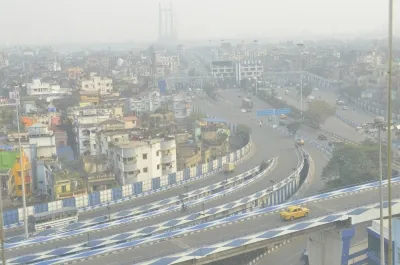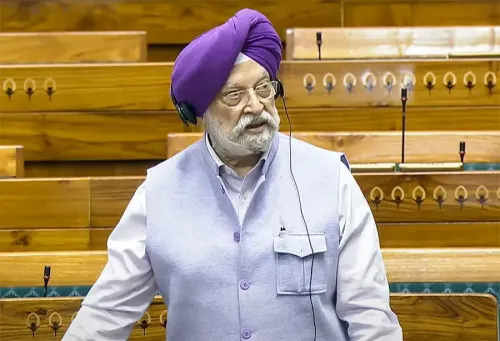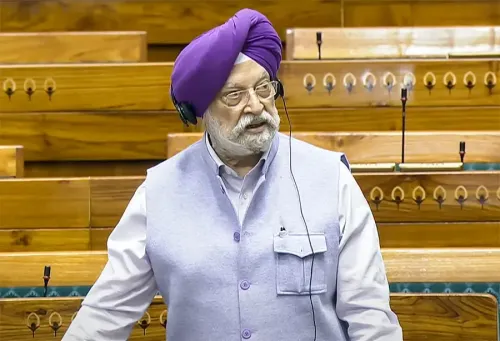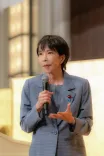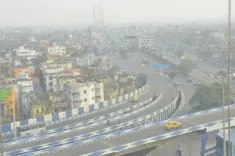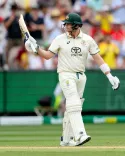Is Trinamool Replicating Congress' Authoritarian Legacy from the 1975 Emergency?
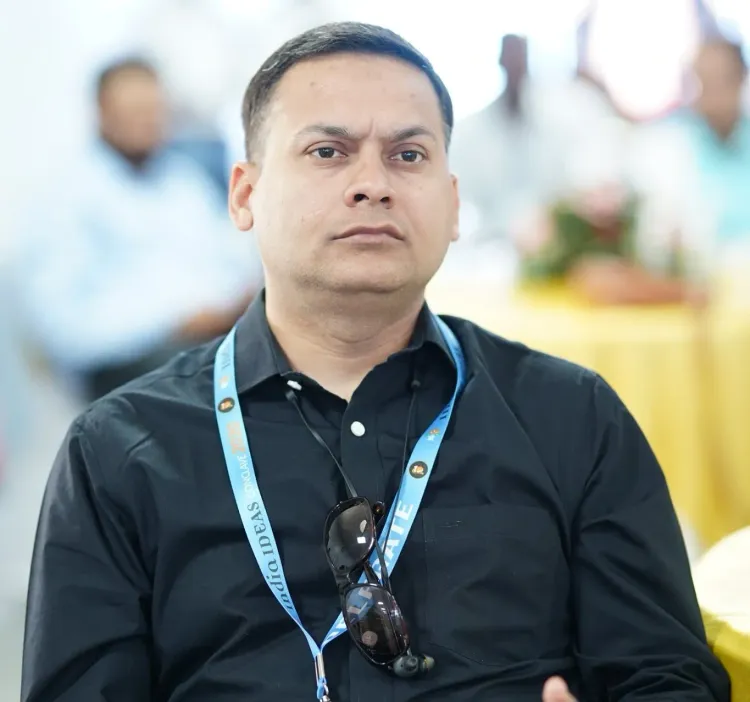
Synopsis
Key Takeaways
- Trinamool Congress is criticized for its authoritarian tendencies.
- A comparison is drawn between TMC and Congress' past actions.
- Sagarika Ghose's statements are highlighted as controversial.
- The importance of remembering past dictatorial actions is emphasized.
- Mamata Banerjee's stance against the observance of 'Samvidhaan Hatya Diwas' raises questions about democracy.
Kolkata, June 25 (NationPress) BJP leader Amit Malviya has charged that the Trinamool Congress exhibits a similar “dynasty-driven, authoritarian mindset” as the Congress party, which played a pivotal role in imposing the Emergency in India back in 1975.
This assertion came following a recent statement made by former journalist and Trinamool Congress Rajya Sabha member Sagarika Ghose, who indirectly defended the Emergency, claiming it was a response to the chaos allegedly instigated by the RSS.
Malviya remarked, “TMC MP Sagarika Ghose’s rationale for the Emergency is unsurprising. TMC is merely a brutal extension of the same authoritarian mindset that imposed the Emergency in 1975—one that fears dissent and flourishes on compliance.” He expressed this sentiment in a post on his official X account on Wednesday.
He further accused Ghose of intentionally omitting significant events from the Emergency era, asserting that her silence encompasses the suspension of democracy and the violation of civil liberties that followed former Prime Minister Indira Gandhi's declaration of an emergency on June 25, 1975.
Malviya pointed out other crucial developments that Ghose failed to address, including the detention of RSS chief Balasaheb Deoras and prominent BJP figures like former Prime Minister Atal Behari Vajpayee and ex-Union Home Minister L.K. Advani.
He noted, “On July 4, 1975, the RSS was officially banned. Of the 130,000 Satyagrahis arrested, over 100,000 were from the RSS. Among the 30,000 detained under MISA, 25,000 were Sangh Karyakartas. A young Narendra Modi was working underground, rallying resistance nationwide.”
According to Malviya, it was foreseeable that a Trinamool Congress member would defend such “tyranny,” especially given that Chief Minister Mamata Banerjee once labeled a university student a Maoist for asking questions.
He stated, “Tyranny is ingrained in their nature. They cannot comprehend sacrifice because their politics is founded on blind allegiance and inherited power. The Emergency was not merely a Congress offense; it is a mindset that TMC embraces with pride.”
Leader of the Opposition in the West Bengal Assembly, Suvendu Adhikari, also made a statement this morning, advocating for the observation of June 25 annually as “Samvidhaan Hatya Diwas” to remind Indians of the dangers of dictatorship stemming from that Emergency.
Earlier this month, Chief Minister Mamata Banerjee told the media that the state would not observe “Samvidhaan Hatya Diwas” on June 25, as mandated by the Union government.
Responding to the Centre’s directive to various state governments regarding the observance of June 25 as ‘Samvidhaan Hatya Diwas’, the Chief Minister described the central government’s decision as a “mockery” of democracy and the Indian Constitution.
She questioned, “Does the current Union government uphold democratic principles? Is genuine democracy present in the country today? Therefore, ‘Samvidhaan Hatya Diwas’ will not be commemorated in West Bengal.”


